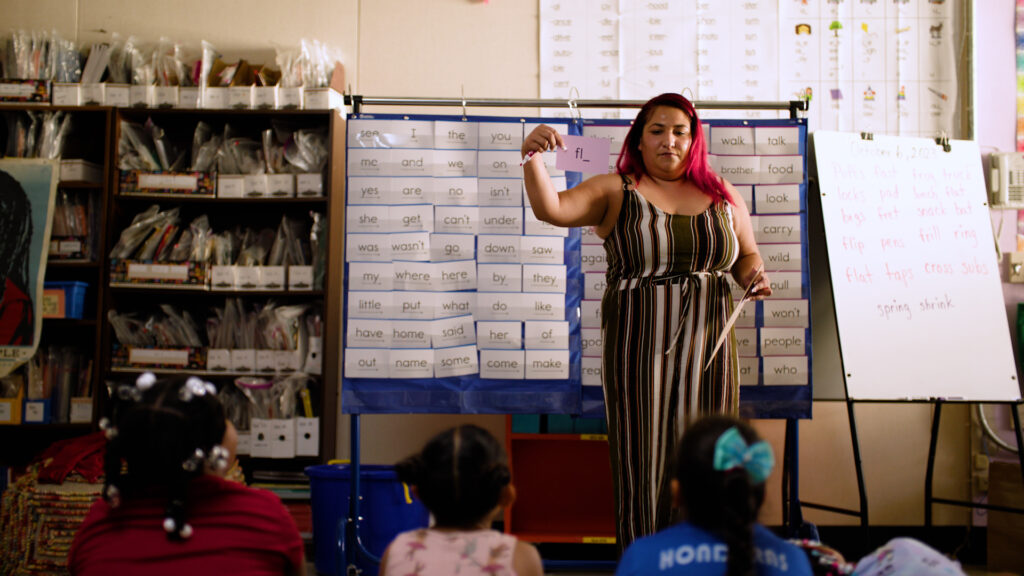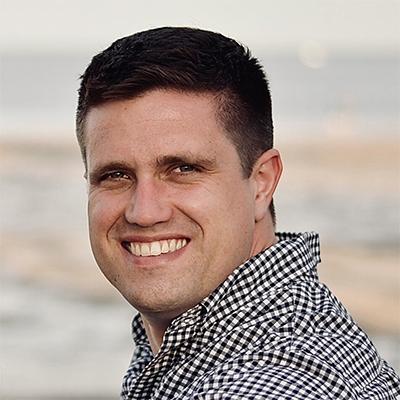Across the country, school systems are struggling to implement effective, research-based literacy instruction and to help students recover from lost learning time during the pandemic. At the same time, school systems sit near pools of untapped talent—community members who have personally experienced the harm of inequitable school systems and now brim with passion for addressing systemic problems in public education. These are parents, grandparents, aunts and uncles, many of whom were poorly served by public schools themselves, and are now watching a new generation struggle.
What would it take to draw upon the untapped talent and passion of these community members? How could systems create cadres of committed educators who could help deliver the individualized instruction students and families want, while also advocating for better systems? This case study examines The Oakland REACH’s Literacy Liberator Model and Fellowship, a program that identifies and recruits family and community members to be effective literacy instructors through a partnership with Oakland Unified School District (OUSD) and the literacy nonprofit FluentSeeds.
Key Takeaways
REACH sought to help fellows not just become effective tutors, but to also become more effective advocates for improved literacy instruction and the needs of students.
- Community recruits brought strength and conviction to literacy tutoring. Their personal struggles with learning to read, or supporting students in their own families, deepened their sense of commitment to students’ literacy needs.
- The training included discussions of struggles with literacy instruction in Oakland and nationally, training in the science of reading, and sessions designed to attune fellows to the needs of specific groups, such as bilingual students and those with learning differences.
- REACH provided fellows with stipends compensate them for their time, scheduled training during evening hours to accommodate family needs, advocated for tutors to qualify for medical and retirement benefits, and navigated district bureaucracy to increase fellows’ chances of placement in a tutoring position by the end of the fellowship.
- Fellows gave the training program high marks and reported feeling much better equipped to support students and navigate jobs in public schools. One participant called the experience “life-changing,” and others echoed that sentiment.
- Beyond the impact on student reading outcomes, the training was designed to help the Liberators themselves, inspiring them to pursue advancements in their own careers, or to remain employed with OUSD.
- REACH training could have a much broader impact if implemented at a larger scale. The model could include more community members who could serve in other roles beyond tutoring.
IMPLEMENTATION REPORT: EARLY LITERACY IN OAKLAND
We have also released findings from our in-depth look at early literacy tutoring in OUSD in a companion report, Teachers and tutors together: Reimagining literacy instruction in Oakland. We set out to understand the key features of the literacy tutoring program in practice, to examine the school- and district-wide conditions that shaped its efficacy and sustainability, and to explore how tutoring shaped students’ literacy outcomes.





Don’t engage families: Liberate them
Lakisha Young
Senior Fellow